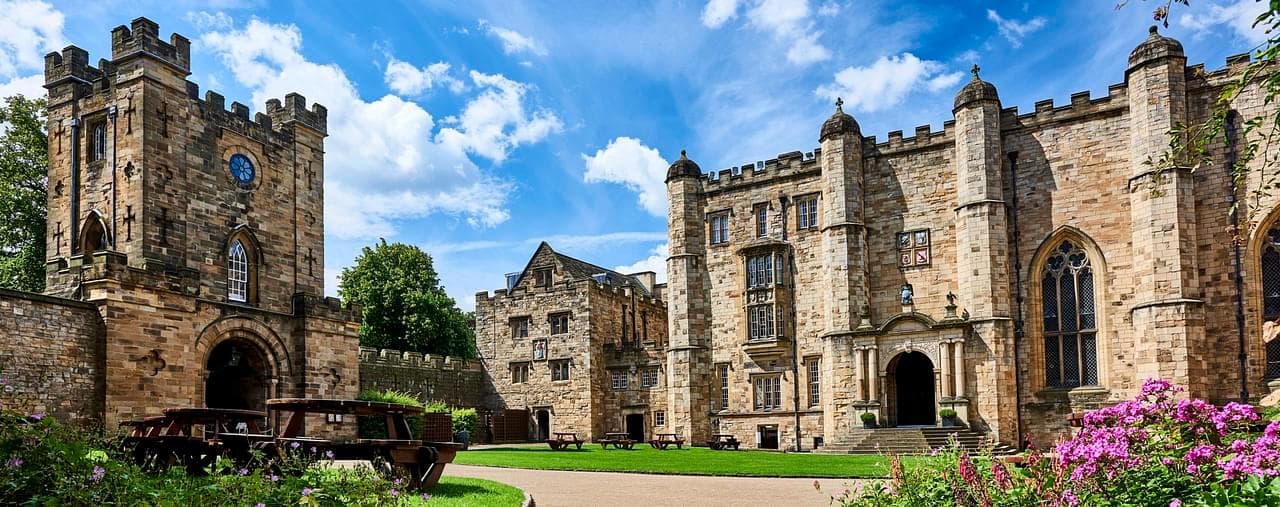Year 1
You will study four modules in engineering, one in mathematics and one optional module. In your engineering modules, you will receive instruction in the use of 3D Computer Aided Design (CAD) software (e.g. SolidWorks), be taught how to implement engineering algorithms into computer code (specifically in C and MATLAB) and take part in a number of practical labs. You will also take part in a group design activity where you have to design, build and test a device to solve specific engineering challenge. Recent examples include miniature hydroelectric generators and chain-climbing robots. On the course, you also attend lectures, problem classes and supervisions with academic staff.
Compulsory modules:
- Solid Mechanics and Structures 1
- Electronic and Electrical Systems 1
- Thermodynamics and Fluid Mechanics 1
- Engineering Practice 1
- Mathematics for Engineers and Scientists
- And one free elective.
The optional (free elective) module may be selected from anything that will fit the timetable and for which you meet the necessary prerequisites. Popular choices in the past have included ‘Introduction to Programming’, ‘Computational Thinking’ and a range of different language modules, but some students have taken modules in History or Poetry.
Year 2
Engineering and mathematics now occupy the full six modules in the timetable.
You will undertake a major design project as part of a small team with guidance from an academic supervisor and an ‘Industrial Tutor’ (an engineer from industry). This lets you put into practice the skills and knowledge that you have developed in your lectures. The end result is a detailed design report and a series of CAD drawings good enough to manufacture a device from.
Compulsory modules:
- Engineering Mathematics 2
- Thermodynamics and Fluid Mechanics 2
- Solid Mechanics and Structures 2
- Electrical Engineering 2
- Electronics 2
- Engineering Design 2.
Year 3
In the third year of the degree the course splits into the following streams: Civil, Electrical, Electronic and Mechanical Engineering.
A major team design project now occupies a whole module of the course where you consider the device as a product and do everything from basic market research to design for manufacture. For the Civil stream you will undertake a major design project supervised by practising civil engineers (plus an academic supervisor), which will allow you to develop new skills and knowledge in various areas, from bridge design to geotechnical structures. Practical skills, in addition to the weekly laboratory sessions, cover topics from land surveying to industrial problem solving with interaction with local industry, depending on the selected stream.
The modules for each stream comprise:
- Electrical Engineering Route
- Compulsory modules:
- Electrical Engineering 3
- Power Semiconductor Devices 3
- Electronics and Communications 3
- Control and Signal Processing 3
- Thermodynamics and Fluid Mechanics 3
- Engineering Design 3.
